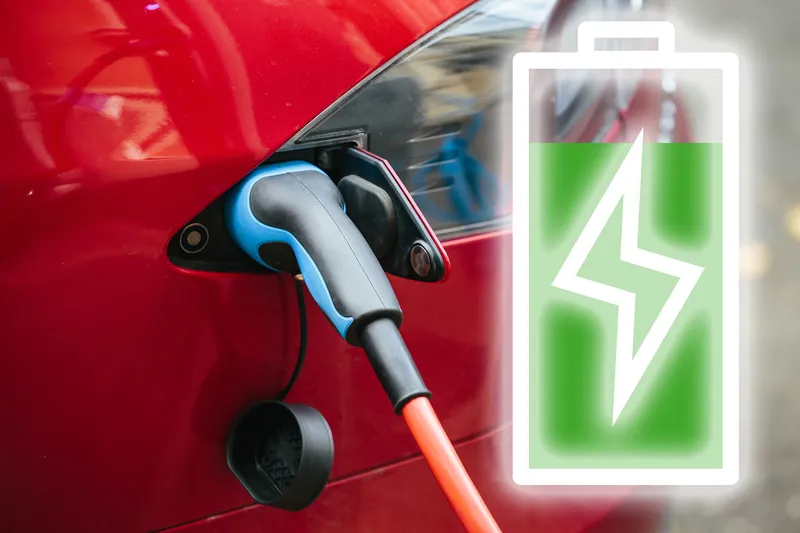Tritium has delivered 12 high-power chargers (HPCs) to Germany to provide electric vehicles (EVs) with 350 kW of power and a 150km range in five minutes.
These HPCs have been implemented at Tank & Rest stops at Brohltal Ost and West, either side of the A61 highway.
The deployment is part of a project led by joint venture Ionity to establish a pan-European network of 400 HPC stations so drivers will be able to find a station within 120km.
July 4, 2018
Read time: 1 min
These HPCs have been implemented at Tank & Rest stops at Brohltal Ost and West, either side of the A61 highway.
The deployment is part of a project led by joint venture Ionity to establish a pan-European network of 400 HPC stations so drivers will be able to find a station within 120km.
Dr. David Finn, CEO and founder of Tritium, says: “Our goal is to bring charging times down even further, ideally to the same time as it would take to fill your tank with petrol.”
Ionity members include BMW, Daimler, Ford, Volkswagen, Audi and Porsche.








